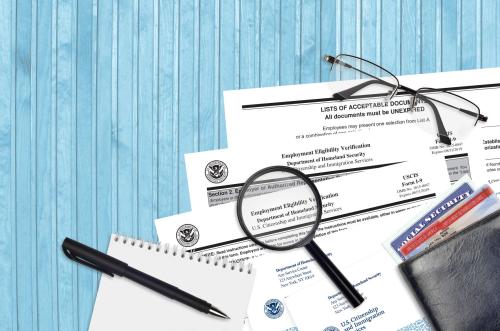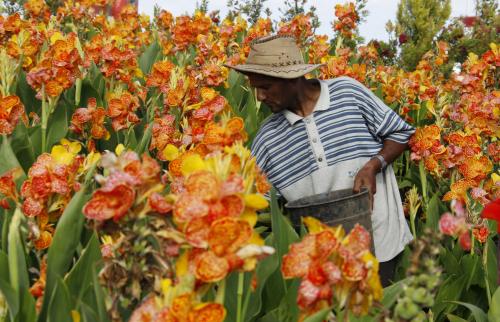INTRODUCTION
Prosecutor Luis Moreno Ocampo’s July 2008 request to the International Criminal Court (ICC) to issue an arrest warrant for President al Bashir of Sudan on charges of crimes against humanity, war crimes and genocide sparked a firestorm of praise, criticism, anxiety, and relief in equal measure among peacekeepers, aid workers, diplomats, and human rights activists. Opponents of the Prosecutor’s move argued that it amounted to a call for regime-change and would imperil any future peace negotiations and the still-incomplete deployment of peacekeepers. At the same time, human rights organizations hailed Ocampo’s courage and lauded the request as a bold and long-overdue step towards challenging impunity for state-sponsored violence against civilians. And between these two camps, thousands of aid workers on the ground in Darfur worried about further access restrictions and harassment by government authorities.
The potential reach of the ICC poses new dilemmas for humanitarian actors operating in tense politicized conflicts, where aid workers are often on the frontlines. For example in Darfur, the government’s tight control over access to its territory has put aid workers in the uncomfortable position of serving as primary eyewitnesses to alleged atrocities and, subsequently, the primary targets of government suspicion. Aid agencies have been forced to walk a careful line between adherence to humanitarian principles and supporting abstract notions of accountability and justice without explicitly collaborating with the UN-mandated war-crimes investigators. Given President Bashir’s demonstrated sensitivity to international humiliation, the consequences of an ICC indictment are potentially devastating to the aid agencies and the 2.5 million IDPs they regularly assist.
The Bashir indictment is the latest—and most controversial—chapter in Ocampo’s effort to establish the court as a legitimate actor and a credible deterrent force. Only a successful track record of interventions and subsequent prosecutions would bolster support for the court among signatories and prove its value to wavering countries, most notably the United States, which withdrew from the Rome Statute in 2002. Since 2002, the Prosecutor has issued criminal indictments in Northern Uganda, the Democratic Republic of Congo (DRC), the Central African Republic, and Sudan, carefully navigating turbulent national and international political waters. In each case, the timing of the indictments has elicited much comment and controversy, particularly regarding their potential impact on delicate peace agreements or ongoing negotiations. At issue is a fundamental debate over whether peace and justice can be pursued simultaneously. Proponents of the Court insist that justice can and should prevail, citing as examples the arrests and prosecutions of President Slobodan Milosevic of Serbia by the International Criminal Tribunal for Yugoslavia (ICTY) and former Liberian President Charles Taylor by the Special Court for Sierra Leone. However, a closer examination of the complexities of these two examples shows that the interests of peace superseded justice, at least in the short term. Furthermore, the cases suggest that certain pre-conditions – strong, unified international pressure and the ability to impose real costs for non-compliance – are necessary for indictments to have an impact on peace negotiations.
Prompted by the international reaction—both in favor of and opposed to— the indictment of Bashir and its potential effects on the conflict in Darfur, this study examines what impact, if any, the timing of international criminal indictments has on fostering peace and improving humanitarian conditions on the ground. An analysis of the court’s trajectory, from its first indictments in Northern Uganda to the controversial indictment of the Sudanese President, highlights the delicate challenges of pursuing justice in the midst of international efforts to resolve some of the world’s most complex and deadliest conflicts. Although the Taylor indictment does not fall under the jurisdiction of the ICC, it is included in this study because it often serves as a reference point for those arguing in favor of the court as an instrument to promote durable peace. After an examination of the Taylor indictment, the cases of northern Uganda, the DRC and Sudan are then looked at in chronological order, with a specific focus on the timing of the Prosecutor’s indictments and the evolution of the court’s strategy as a result of lessons learned.


